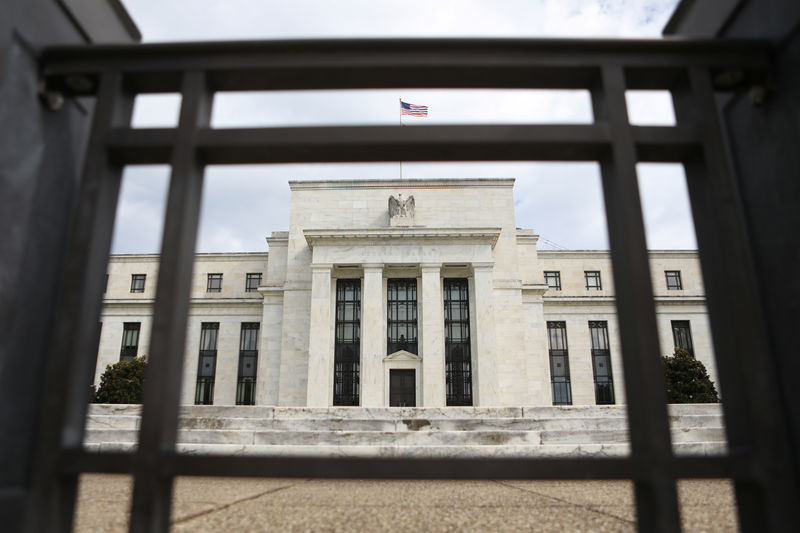WASHINGTON (Reuters) - The U.S. Federal Reserve on Tuesday broadened the ability of dozens of foreign centrals banks to access U.S. dollars during the coronavirus crisis by allowing them to exchange their holdings of U.S. Treasury securities for overnight dollar loans.
The new program "should help support the smooth functioning of the U.S. Treasury market by providing an alternative temporary source of U.S. dollars other than sales of securities in the open market," the U.S. central bank said, in effect giving central banks with less widely traded currencies or more volatile exchange rates a way to access cash from the Fed.
That could be particularly important in coming weeks as measures to control the spread of the virus shuts down commerce and potentially leaves companies and countries that do business or borrow in the U.S. currency struggling to stay afloat.
The dollar is used in most global trade and foreign exchange transactions, and finance officials in major nations have pledged to be flexible in responding to the global pandemic.
The program is expected to be running by April 6 and last for at least six months. The dollar weakened modestly after the announcement.
The Fed has permanent swap lines with the European Central Bank, the Bank of Japan and other issuers of major currencies, and in response to the crisis opened swaps with nine other countries including Australia and Mexico. In those transactions, foreign currencies are traded directly for dollars in what is regarded as a relatively risk-free transaction.
By contrast the currencies issued by many of the worlds dozens of central banks are often narrowly traded and volatile, posing the risk they might change dramatically in value during the swap.
Many of those central banks have accounts at the New York Fed, part of the global architecture for payments and clearing transactions. They often also hold U.S. Treasury securities.
The new program lets them use those securities as collateral for dollar loans at an interest rate of 0.25%. While ostensibly the loans are just for a day, they can be "rolled over as needed," the Fed said.
